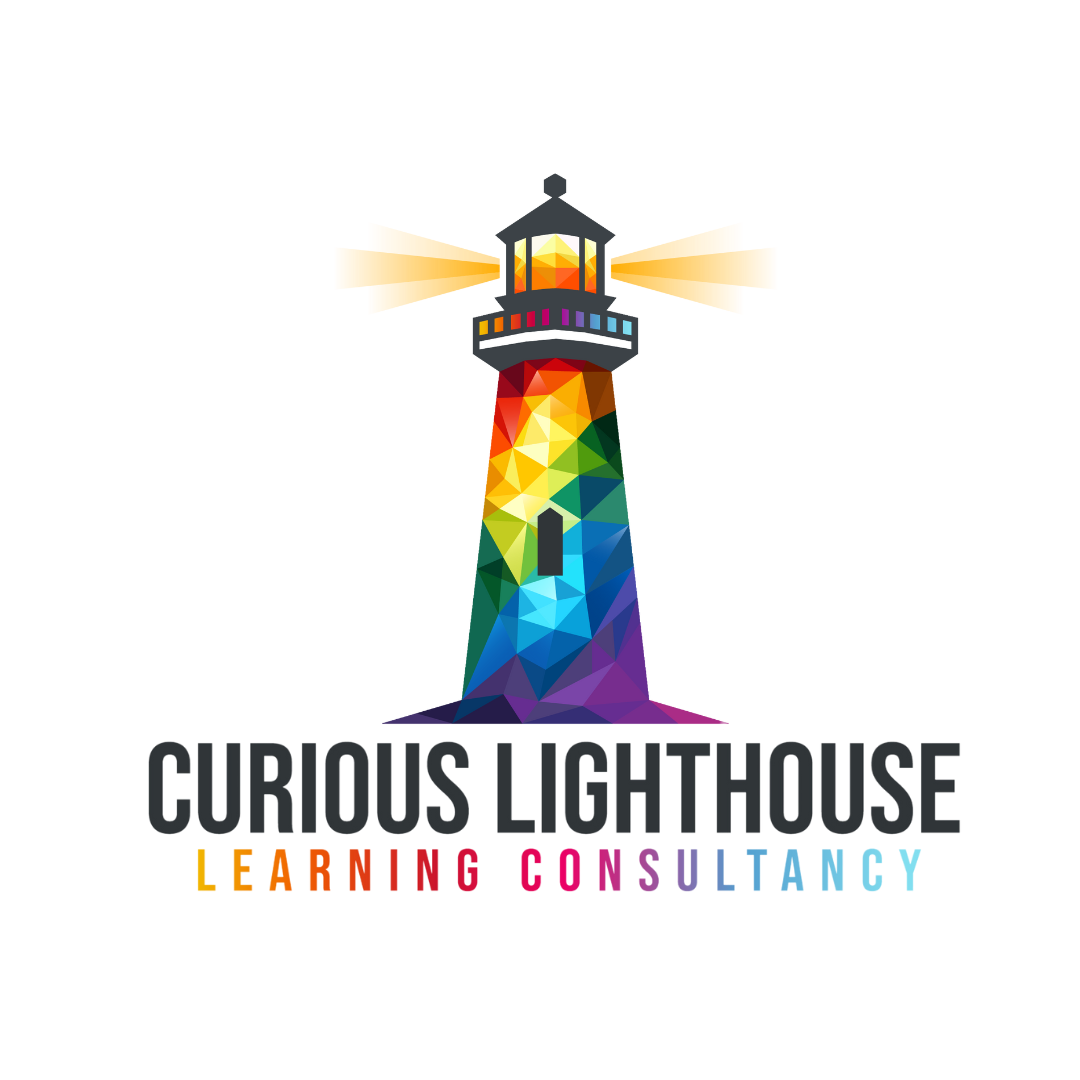|
Over 25 years ago I convinced my store manager (at B&Q) that I should run an interior design workshop for our customers. The TV show ‘Changing Rooms’ was massive at the time and paint effects had taken off in a big way with everyone rag-rolling every wall and crackle glazing anything not nailed down!
Our café closed at 18.00 so from 18.30 – 20.30 it became my first unofficial training room! (I didn’t really know I was training back then; I just knew I had some knowledge about something people might be interested in and wanted to share it.) We had a blast! For 8 weeks, customers turned up to find wallpaper pasting tables full of paints, sponges, rags, the occasional plant pot and broken tiles etc and proceeded to ‘have a go’. At the end of our 8 weeks, we had a little celebration and I handed out my rather basic certificates (No Canva back then!!) and that’s when I took these photos. (I ran numerous groups over several years) This blast from the past reminds me that most people create a career from those moments when they’ve been able to ‘have a go’ and see if it works for them. But it takes an open-minded manager, and/or company to allow/encourage it and see where it leads. For me, this led to me getting more involved in formal training and I’m so glad it did because here I am now, running my own training company and enabling others to ‘have a go!’ What did you 'have a go' at that turned into so much more? #curiouslighthouse #haveago #trainthetrainer #learninganddevelopment
0 Comments
I love hosting Management Development Programmes. Particularly for new and ‘accidental’ line managers. (People promoted into a management role because they were good at their previous role) There is as much learning about themselves as there is about their teams and how to manage them.
This little activity always goes down well. I ran this recently with a group of lovely NHS Midwives. I call it ‘weighted dots’ but I’m sure there’s probably a snazzier name for it! On this occasion we were exploring Emotional Intelligence and Leadership Styles, and as part of the activity I wanted them to: 🔴 Understand the styles 🟠 Consider their own natural preferences (This activity) 🟣 Recognise any gaps in their own styles 🟢 Identify scenarios within the organisation where one style might be better used than another. This image is the bit where I’m asking them to consider their own natural preferences. The set up is very simple: 🟡 Pop the print outs somewhere accessible 🟠 Allocate a set number of sticky dots per person (I often give 10 each) 🟢 Then explain that they are being asked to consider their own preference and to allocate any number of dots to the styles. 🟣 They could choose to allocate all 10 dots on one style or divide more equally (Although with 6 styles to choose from there are at least some decisions to be made about how to allocate the dots.) 🔵 Depending on group size the debrief can be done one at a time as they place their dots, or afterwards as part of a group discussion. I’ve also used weighted dots for other topics too, like ‘biggest challenges to effective delegation’, and prioritising a big list of action points. What I really like about this activity is it allows for self-reflection, movement, choice and insight into how different we all are too. Where would your dots be allocated? #curiouslighthouse #learninganddevelopment #Managementdevelopment I recently hosted a management development programme where one of our topics was bullying.
This can be quite an emotive subject so I wanted an activity that allowed them to build up to a discussion rather than leap straight in. I've had these mini Jenga games in my training cupboard for a while, and thought I could use them to create the insight I wanted. It worked great, so thought I'd share it. ⏹️ Each team had their own mini Jenga tower and colour coordinated dice. ⏹️ They took it in turns to state something (relatively small) that someone might say or do that could make someone feel upset or knock their confidence. ⏹️ Then they rolled the die and pulled the corresponding colour brick from the tower. ⏹️ They counted how many bricks they took before the tower fell. As you can imagine, some towers fell more quickly than others, some remained standing long after they looked like they should have fallen. Some teams had the die fall on the same colour more frequently which created an unsteady foundation. This opened up such a great discussion which included how different people react to different things, how bullying doesn't have to relate to just one person, and about how no one knows how many bricks have already been pulled from any one person etc. I'd love to hear other people's activities that tackle tricky topics. #curiouslighthouse #learninganddevelopment #managementdevelopment "Creative learning is what takes place when the process of learning allows for creative exploration of a subject, time to digest knowledge before making a commitment to use it, and a culture of succeed or learn." - Nikie Forster L&D Consultant. Sound simple enough right? Well, yes and no. The trouble is we’re so use to receiving traditional training, where we expect to be given information and then construct action plans at the end of a session, we sometimes switch to autopilot. So, when someone rocks up and encourages us to find out the answers for ourselves… and oh by the way you don’t have to commit to anything at the end of the session, we can sometimes feel duped. What are we paying them for if I have to do all the work? How does Traditional Learning Techniques Differ from Creative Learning Principles? Traditional Learning Techniques
Creative Learning Principles
Why is Creative Learning Important?Ultimately, creative learning creates more independence, confidence and better decision making. As previously mentioned, a traditional approach is top down. ‘I have the correct answer, I will share it with you.’ This is often mirrored outside the training room with some managers coveting the ‘expert’ role. A creative learning approach is more collaborative. ‘I’ll help you explore what the answer could be.’ The more this is done, the more people seek collaboration and try things out for themselves, increasing innovation and self learning. Example of Traditional Training vs Creative LearningPicture the scene. A group have been asked to attend a management development training session. The group is split into two groups, they’ll cover the same topic, but group A’s trainer is a firm believer in traditional learning techniques, while group B’s trainer embraces creative learning principles. The following are just two possible ways these two trainers could approach this session. GETTING TO KNOW YOU Group A (Traditional Training). They kick off with a light icebreaker. The trainer has decided that ‘2 truths and a lie’ would be a good activity as it enables people to get to know each other better before they start the actual topic. Group B (Creative Learning). They kick off with a focused icebreaker. The trainer has decided to combine an activity that gets people to know each other, whilst also focusing in on their knowledge of the topic. The trainer asks the learners to construct a LEGO® Minifigure that represents how they see themselves as a manager, they then discuss what they chose and why. (The trainer makes a note of anything that needs extra attention in the session.) INITIAL TOPIC TRAINING Group A (Traditional Training). Throughout the first part of the session, the trainer is keen to share information and models that will aid the managers to become better in their day-to-day roles. There are PowerPoints, discussions, post-it notes, and role play to bring home the learning. The Trainer leads from the front and offers advice when tricky scenarios crop up. Group B (Creative Learning). Throughout the first part of the session, the trainer is keen to allow the learners to explore the topics by using ‘creative exploration’. They use props and activities to allow learners to discover possible answers. The trainer has prepared some models and stories to help the learners to dig deeper but will only use these if needed. DISCUSSION Group A (Traditional Training). Throughout the session, the trainer feels confident in presenting information to the learners and facilitating discussions by asking probing questions. Group B (Creative Learning). Throughout the session, the trainer feels confident in allowing the learners to explore. They facilitate discussions by allowing the learners to ask questions. CAPTURING LEARNING Group A (Traditional Training). Towards the end of the session, the trainer is keen for the learners to create action points. They believe this will drive transfer of learning back in the workplace. Group B (Creative Learning). Towards the end of the session, the trainer explains that the best ideas on how to use their new learning, may come to them after the session has ended. The trainer asks them to jot down any thoughts they may currently have, and then to review these ideas at a set time frame in the future and add to them. The trainer explains that a follow up session will be available to explore these thoughts further. AND FINALLY… Group A (Traditional Training). The trainer uses the final part of the session to recap on the key take away points and gain some feedback on how the session went. This session is now complete. Group B (Creative Learning). The trainer asks the learners to recap on the session and make a note of anything that would aid them further in this topic. An agreed time frame is set to review the learning and a story or activity is used to bring the session to a thoughtful close. No feedback is solicited at this stage, this will only be done after the review and via an online portal to allow people to create a considered response. Did you spot the differences? Before we go any further it’s important to say that there is nothing wrong with the traditional training outlined here. It’s a solid training session and learners will still go away having acquired some new knowledge. But the group that attended the creative learning session, will have had a much more immersive experience. And, because the session wasn’t closed down by agreeing to action points, they will feel more empowered to continue thinking about the topic and decide for themselves how they will apply their learning (with the help of the review session.) So, How Can You Increase the Creative Learning in Your Sessions?Here’s three ways to start introducing the concept of creative learning into your sessions.
About the Author Nikie Forster is the owner of Curious Lighthouse Learning Consultancy Ltd, focusing on increasing competence and confidence in Managers & Trainers. For over 20 years, Nikie has used elements of creative learning in her training, but it was only in more recent years that she realised that her 3-point creative learning principles could benefit other trainers and facilitators to increase engagement in their own sessions.
One of the many props Nikie uses to aid creative learning is LEGO®. To find out more head to: https://www.curiouslighthouse.co.uk/learning-and-development.html As the sun rose over Salisbury plain hitting the stone circle, I breathed in deep and took in the magic of the moment.
Rewind 6 hours and I was completely out of my comfort zone. I had never ‘done’ the summer solstice before, not even in the comfort of my own home, let alone in a field full of strangers. It was cold, noisy, and was heavy with smells last encountered coming from the student union building at college! As the evening continued, I settled into the environment, people mingled, sang songs, and moved around the stones exploring. As the fateful hour approached (somewhere around 4.40am) more people arrived, and we all faced in the same direction, feeling the warmth of the summer sun on our faces. Job done, we scurried back to reality and a massive full English at the local pub. But the experience lives on. This was 5 years ago, and that moment has stayed with me ever since. How does any of this relate to training? I’ve worked as an L&D professional for over 25 years now. At the very beginning, as a much younger naïve trainer, I expected people to leave bathed in new light and looking to change immediately. As I progressed in my L&D career, I recognised that learners often leave before the sunrise moment has had chance to take place. This is largely down to the ‘traditional learning’ approach: tell them something, check they understand it, set an action plan, off you go!!! So, I started doing some research and came up with my own version of Creative Learning Principles which I now use in my own sessions: 1. Creative exploration – Playful learning 2. Distracted reflection – Time for the brain to digest 3. Succeed or learn – be prepared to not get it right first time and understand that’s ok Training is an experience, it should allow for that moment when the sun rises, (Minus the student union smells!) It gives people the space to experience new things, to challenge what works and what doesn’t, to come together with likeminded individuals, to put into practice and recognised successes and future learning too So, on this summer solstice, I’d like to know… how do you let the sun rise in your sessions? https://www.curiouslighthouse.co.uk/workshops.html #curiouslighthouse #summersolstice #learninganddevelopment 25th April was national DNA day. As an amateur genealogist, I’ve traced thousands of my ancestors and last year had my DNA analysed to find out more about my ethnicity.
Based on my previous research, I wasn’t surprised to see most of my clan came from the Midlands and Yorkshire area. (I’m pretty sure there are entire villages related to me in some way!) Your own personal DNA is made up of 50% from your mother and 50% from your father. But it’s not a set 50%. If you have siblings, they may have a different variation of that 50% from each of your parents, which is why we’re all slightly different. This ‘50%’ got me thinking about what we ‘inherit’ in the workplace. I work with a lot of Line Managers, and quite often we discuss why they do things in a certain way… and, you guessed it, it’s usually because their own, or previous line managers have done it that way too. So, it’s not a hard stretch to consider that we ‘inherit’ a % of our Managerial DNA (M’DNA) from others. The good news is, that whilst we are pretty much stuck with the DNA we inherit from our parents, we are not stuck with the M’DNA we’ve inherited from previous managers. Being conscious of what you’ve inherited AND working out if it’s a good trait or not is the first step. Interested in finding out more about your M’DNA? Check out the Lightbulb Management Development programme where we delve deeper into the topic… along with a ton of solutions to improve the M’DNA you pass on to others too! Link to programme: https://www.curiouslighthouse.co.uk/lightbulb-managers-programme.html #curiouslighthouse #managementdevelopment #dna Apparently today (25th April) is National Telephone Day!
I’ve had this old phone for many years and love the idea that someone in the 1940/50’s installed this in their home as the latest fashion. Since then, many people will have used it to share good news, sad news, important news and of course simply gossip on it! What makes it even better, is it still works! And although we use our mobiles on a daily basis, this bit of history still sits proudly in the hallway (where all good phones use to sit!) and reminds me that while the tools we use to communicate are ever changing, the importance of communication remains the same. In fact, the topic of communication is the foundation to every Management Development programme I’ve ever run… because when we improve how we communicate, we improve our chances of better outcomes. So, happy National Telephone Day! I hope you have some great conversations... on the phone and in person! #curiouslighthouse #nationaltelephoneday #managementdevelopment LEGO® is great for gaining engagement and involvement in sessions, BUT as an L&D professional my eye is firmly on the underlying learning principles, one of which is the debrief.
Without a purposeful debrief you’re simply playing with LEGO®! Here’s just a few things to keep in mind:
This is just one of the things we discuss in the ‘LEGO® Workshop for Training Teams and L&D Professionals’. Check out the full content here: https://www.curiouslighthouse.co.uk/lego-workshop.html #curiouslighthouse #learningwithlego #learninganddevelopment “I like the idea of using LEGO® in my session, but don’t want to go full in yet. Do you have a quick activity I could try out?”
This is a question I get asked a lot, so I thought I'd share a possible discussion starter as an example of how you can use LEGO® in a session, without making it the main focus.
Perception discussion starter
This short activity is good because there are no perceived right or wrong answers. It also allows everyone to have time to think about the topic before you launch into any theory or deeper discussion. Want to find out more about learning with LEGO®? Check out: https://www.curiouslighthouse.co.uk/learning-with-lego-courses.html #curiouslighthouse #learningwithlego #learninganddevelopment Using LEGO® in your training, facilitation, or coaching sessions can really help learners engage on a different level. But why use it at all? I often use these examples when opening my sessions (or when convincing Managers that we're not just 'playing'... we're learning!)
Want to find out more about how to use LEGO® in your sessions? Check out: https://www.curiouslighthouse.co.uk/learning-with-lego-courses.html or www.curiouslighthouse.co.uk/lego-workshop.html #curiouslighthouse #learningwithlego #learninganddevelopment Have you ever been setting up for your training workshop, and as people arrived someone announces, “I DON'T KNOW WHY I'M HERE!”
This question could have two different intents.
Looking to increase your Training teams skills? Then check out: https://www.curiouslighthouse.co.uk/learning-and-development.html #curiouslighthouse #learninganddevelopment #HRBP Have you ever been setting up for a workshop, and as the learners start to arrive, someone asks “HI... WHAT TIME DO WE FINISH?”
This can be a genuine question! But the fact that they ask it as soon as they walk in through the door can sometimes feel rather personal! In my experience this has very little to do with you and is usually either about their external commitments – project deadline looming, childcare concerns or that they do not see the worth in the topic being trained. So, what can you do as the TRAINER?
Looking to increase your Training and Facilitation skills? Then check out: https://www.curiouslighthouse.co.uk/learning-and-development.html #curiouslighthouse #learninganddevelopment #HRBP How cool is this?
This map shows all the different places around the world where people have bought my online Lego courses! Right now there are people in 27 different countries considering using Lego activities in their training, facilitation, and coaching sessions to help increase engagement and retention of learning: 1. Germany 2. United Kingdom 3. Switzerland 4. United States of America 5. Austria 6. Australia 7. Brazil 8. Hong Kong 9. Mexico 10. Pakistan 11. Argentina 12. Belgium 13. Canada 14. China 15. Denmark 16. Spain 17. Hungary 18. Indonesia 19. Ireland 20. India 21. Japan 22. South Korea 23. Montenegro 24. Malaysia 25. Poland 26. Thailand 27. South Africa I feel very privileged to be able to connect with such a wide range of people. Want to see what all the fuss is about? Check out the link to see all the courses: www.curiouslighthouse.co.uk/learning-with-lego-courses.html #curiouslighthouse #legoseriousplay #learninganddevelopment Technically, you can delegate anything… the real question is HOW should you delegate it? If you are clear on WHAT and WHY, you’re much more likely to get a better result. The number one issue when delegating is clarity!
THE SOLUTION
Looking to increase your management skills? Then check out: https://www.curiouslighthouse.co.uk/lightbulb-managers-programme.html #curiouslighthouse #managementdevelopment #HRBP  The biggest challenge here is the perception of what feedback is and is not! (And avoiding the feedback sandwich like the plague!) Most managers understand the importance of feedback, but often hesitate because they’re not sure what response they’ll get from the individual. THE SOLUTION The best advice I can offer in this short space is to consider your CONTEXT and PURPOSE! 💡 Set the context before you start the conversation to enable the other person to understand where the feedback is coming from. 💡 Be specific. Using vague language like ‘That was great’ or ‘You shouldn’t have done that,’ are not going to help anyone. 💡 Be very clear on WHAT you want to change or continue. 💡 Be very clear on WHY you want it to change or continue. 💡 Give feedback as soon as possible. (Don't wait for 121s) 💡 Where possible, allow the individual to voice their interpretation of what happened and why BEFORE you offer you're feedback. Looking to increase your management skills? Then check out:www.curiouslighthouse.co.uk/lightbulb-managers-programme.html #curiouslighthouse #managementdevelopment #HRBP LINE MANAGERS Q&A... “My team has a dotted lines to another manager; how can I make this work better for all?”
THE CHALLENGE Undefined reporting line can cause havoc with communication and productivity! Even when lines are defined sometimes an over enthusiastic senior manager or peer might be stepping in too often/quickly for the team to understand who to turn to when they have an issue. THE SOLUTION
Looking to increase your management skills? Then check out: https://www.curiouslighthouse.co.uk/lightbulb-managers-programme.html #curiouslighthouse #managementdevelopment #HRBP Many managers start their first manager role not fully understanding what the role is. For smaller fast-growing companies, this is usually because they simply haven’t had to think about it before and want to remain flexible as the role grows. For larger companies it could be down to lack of development planning around the transition from role to role.
THE SOLUTION: If you're the Manager that needs clarity, take the lead on this. Approach your boss and ask for a conversation to help define your role and what is expected from you. If you're the boss, take time to consider the key things you want from your line managers and ways you can support them to learn and grow in the role. (Keep it simple, focus on the top 3 things to start with and set milestone review dates to follow up.) Looking to increase your management skills? Then check out https://www.curiouslighthouse.co.uk/lightbulb-managers... #curiouslighthouse #managementdevelopment #hrbps As my group of delegates dashed around the room collecting bits of Minifigures and rummaging through the pots of accessories to work out which best suited their style of management, I grinned to myself. I'd invented such a great activity, why weren't any of my peers using LEGO® in their learning sessions too? I took to social media to share (after all that's what we do in Learning and Development... We share.) I announced to the world I'd come up with a great activity using LEGO® and everyone should try it. Turns out, many people already had! After a short period of slight dejection (I wasn't the genius I thought I was!) I realised this was actually a good thing. More people, means more ideas! So, I went on a hunt to find out more and that's when I realised it. There were vast communities, all over the world, all talking about and successfully using LEGO® in their sessions! But these people were all talking about something called LEGO® SERIOUS PLAY® (LSP)... And this LSP seemed to come with rules and certifications and rather more seriousness than play. So, I simply carried on with my own version and found myself calling it ‘Learning with LEGO®’ instead. Fast-forward 5 years and I’ve created and hosted many of my own LEGO® activities, but I’ve also learnt an awful lot more about LSP and have become much more comfortable with my relationship with LEGO® and when to call it LSP and when to call it Learning with LEGO®. So, what are the fine lines between Lego® Serious Play® and Learning with LEGO®? Do you have to be certified to host Lego® Serious Play®? In a nutshell... No! This was very confusing for me when I first found out about LSP. I have many professional qualifications in L&D and thinking that I had to spend a couple of grand to call myself qualified to use something I was already using, was a big turn off. Then, I found out that when LEGO® first rolled this out, they did indeed run certifications. BUT, in 2010 they made the whole thing open source, meaning anyone can run a LSP session if they follow these guidelines. So why are their certification courses for LSP? Having looked at a few of these courses, it looks like they are focusing on facilitation skills with the LSP methodologies as the underpinning focus. I’m not knocking doing a course and having hands on experience of learning new activities, but you don’t have to be certified in it to host a LSP event, you do however have to know how to facilitate well. Where can I find information about Lego® Serious Play® and Learning with LEGO®Whether you are going to host an LSP session, or a session that uses LEGO® activities, reading the Open-Source guide is really helpful to understand the difference between the two. It also gives you some good techniques in using LEGO® in your learning. But remember at the end of the day, an event should be about the learner, not about the LEGO®. It is simply one of the many props and processes you can use to help learners achieve their goals, so I’d strongly recommend further reading on the latest research around learning too. (I'd also recommend reading the great articles in the LSP Connect Magazine - It's free too!) Or, if you're interested in learning more about using LEGO® based activities in your training, facilitation, or coaching then check out the Learning with LEGO online course there are 26 Lego activity, all with video demonstrations, worksheets and shopping lists! So, why Use Lego® in Your Training, Facilitation, or Coaching Session?The process of making something, which is then discussed, can lead to much more valuable, insightful and honest discussions than simply posing a question and expecting everyone to have an input. Imagine using this in your training, facilitation or coaching sessions, where normally quieter participants often don't share their inner thoughts, and extroverted participants forget to reflect!
I often use LEGO® activities as discussion starters often flowing into other L&D methods to continue the learning to an outcome. Like any other activity in Learning, LEGO® is simply a prop to aid discussion. As such, it still needs to be considered with the topic and audience to ensure it’s the right thing to use. In Summary All-in-all, I like the idea of LSP, but I love Learning & Development more. Me, my Minifigures and accessories have a special bond and whether I invented the activity or not, it remains one of the best discussion openers I’ve come across and will be enjoying using LEGO® for many years to come. CLICK HERE to check out Free resource on Lego activities When I was very young, we lived in Scotland. Certain things followed us when we moved to England, including having Haggis for Sunday lunch!
When I was about seven, I remember asking my Dad what a Haggis was. According to him, a Haggis was a mountain creature which had two legs shorter than the others to help it climb sideways around the hills and mountains of Scotland. Captivated by my knew knowledge I promptly offered this information to all who would listen to me at school, including my teacher whose eyebrows promptly raised and told me not to be so silly. I insisted that ‘My Dad’ had told me so it must be true! Often, we believe things we are told by those 'wiser’ than ourselves, sometimes without question. This doesn’t always go to plan! (Lopsided Haggis!) When I’m helping new managers, I sometimes offer a model or theory to help them understand a way of seeing how a situation might unfold… but what I also do, is offer the advice that CONTEXT and PURPOSE is more important than a model. What I’m really aiming for, is for them to be able to think for themselves rather than believe everything they hear… a lesson I learnt young! What have you been told that turned out to be false? #CuriouLighthouse #ManagementDevelopment #Haggis I recently found out my husband’s 13 x Great Uncle (Peter Heywood) was the man who snatched the torch from Guy Fawkes on 5th Nov 1605, thus preventing him from setting fire to the gunpowder that was about to destroy Parliament!
I love researching the lives of my family and finding little snippets that make them come to life. Not all are as noteworthy as stopping parliament being blown up, most are farmers, carpenters, church clerks, one or two crackpots and fair share of Coal Miners. But jobs are just one aspect of their lives. In my own ‘job’ as an L&D consultant I often speak to new managers who find the idea of talking about personal life with their team difficult. Some might even see it as intrusive, but the reality is people bring their personal lives to work. Especially now with so many of us working from home right now, they are literally juggling personal and professional life in one space. As a manager, finding out more about your team will help you build a bigger picture about what’s going on in their life and how this might be impacting on their work. More importantly how you can support them to get the best for them, you, and the company. I’m not suggesting you go researching their family history! But having a general conversation about how things are can really help to shed some light (see what I did there … lantern, light!) on their situation and make all the difference. Why not start by asking them what they are up to for Bonfire night! #CuriousLighthouse #managementDevelopment #GuyFawkes 20 years ago today, a car drove head-on into me at 100 mph. This sounds very matter of fact, but back then it was anything but!
At the time I spent a lot of time focusing on ME, getting ME better physically and mentally. But now I'd like to focus on EVERYONE ELSE who got me through it. So, THANK YOU to... The person who phoned 999 and the Emergency Operator who answered The Fire Bridged who cut me out the car and for holding my hand while petrol spilled out the back The Paramedics who resuscitated me in the ambulance The ER team who stabilised me The Nurses and Drs who worked out what needed mending and how to mend it all All the NHS workers for arranging appointments, getting me to where I needed to be, encouraged me to walk again, and for getting me back in a car... without a panic attack!! The GP and District Nurses for coming to the house when I was unable to leave it The people who gave witness statements and the Police Officers who kept me updated on the court case To my friends who stayed around even when I could give very little back for a long time To my immediate awesome family, who flew from far off distances to be with me, converted the dining room into a bedroom so I could move in with them, and for continuing to be the best family ever And last but not least to my husband who I met 8 years after the event, but understands that every time I flinch in the car, it's nothing to do with his driving, but others on the road driving without consideration While this event may have derailed me for a while, it made me realise that with the right people around you, you have a much better chance of surviving. So, THANK YOU ALL! Back in the early 2000’s I was a Customer Adviser at B&Q helping out with in-store inductions. A Trainer’s role became available for a ‘proper’ Trainer’s roles and I applied. I’m sure I had less formal training experience and I certainly no qualification in training then others applicants, but they asked me to join the team!
Many people had an input into this shift in my career, but two in particular I want to say a formal thank you to. Toby Carpenter who was heading up the training team at the time and saw some sort of potential in me and decided to give me the chance to learn on the job... THANK YOU. And Andy Granston, my Line Manager and mentor who I often site, when I run my own Management training session, as a great role models in management... THANK YOU. Who would you like to thank for helping you out in your career? Ps The image is of a paperweight handed out to us ‘Trainers’ for a project we ran as a thank you… yes I still have it after all this time! (Proving that a Thank-you can stay with you for a long time!) #CuriousLighthouse #career #ThankYou My lock-down project has been to research my family history. (I first started this many years ago when everything was on microfiche and index cards!) Now with the luxury of the internet I've managed to find some fascinating family members including...
My Husband's 13 x great-uncle who was part of the gang who stopped Guy Fawkes! (Apparently pushing the 'torch' out of his hand to stop it lighting the fuse!) On my own side, I’ve traced my direct line back to Vikings! Yep, seriously. Me and 'Bernard the Dane' are blood relatives. (Would have preferred a slightly more Viking-ish name like Eric Bloodaxe etc... But Berny was in fact a Prince of Denmark, so I won't complain too much!) Whether you know any of your family history or non at all, I believe that these people have some influence in our lives, but I am also very aware of all the non-blood relatives, friends and acquaintances that have had an impact too! So, what is the legacy I'm leaving behind? As someone who helps people grow and develop, I wonder how my present-day interactions might impact current and future generations? My hope is that I help others tap into their sense of curiosity and creativity and like my Viking ancestors I'm known for exploring new terrains and unafraid to try out uncharted waters. Who do you think you are? #CuriousLighthouse #CreativeLearning This is possibly my first recorded Training session. I wasn’t an official Trainer at the time, I was an Interior Designer for B&Q in Hedge End, Hampshire!
But instead of venturing to people’s homes to help them design a room or two, I decided it would be way more fun (and productive) to get customers to come into store and learn everything they needed to know to design their own homes. I took this photo in our cafe. It was week 1 of a 6-week customer paint effects workshop… well it was the 90’s! These workshops lead me to find out more about training and my official career in Learning & Development began! #CuriousLighthouse #CreativeLearning #B&Q Do you ever do something really well in one context and then rubbish in another?
WORK: I'm often asked to host training for Managers around the topic of SETTING EXPECTATIONS. (It's something I do very naturally in work mode.) My best bit of advise... 'Get people to clarify back what they think you have asked them to do!' This way they have to think through the process and vocalise it, and you can then listen out for things that need to be further discussed. HOME: I asked my 8 yr old Son to make is own sandwich for lunch. I didn't set any expectations, I didn't ask him to clarify back what he was going to make, the result... a marshmallow and jellybean sandwich! #CuriousLighthouse #CreativeLearning |
Categories
All
Nikie ForsterLearning doesn't just happen in a training session. It happens all around us! Follow my ramblings and continue to see the world in a different light! Archives
July 2024
|
Developing the people, who develop your people
|
Throughout this website you will see reference to using LEGO® bricks. The LEGO Group does not sponsor, authorise or endorse Curious Lighthouse Learning Consultancy Ltd.
©2024 The LEGO Group – LEGO® SERIOUS PLAY®, the Minifigure and the Brick and Knob configurations are trademarks of the LEGO Group. Any activity using the LEGO® SERIOUS PLAY® approach, method and materials build on the LEGO® SERIOUS PLAY® Open-source guidelines made available by the LEGO Group under a Creative Commons licence. |
Copyright © 2015-2024 Curious Lighthouse Learning Consultancy Limited. ALL RIGHTS RESERVED |



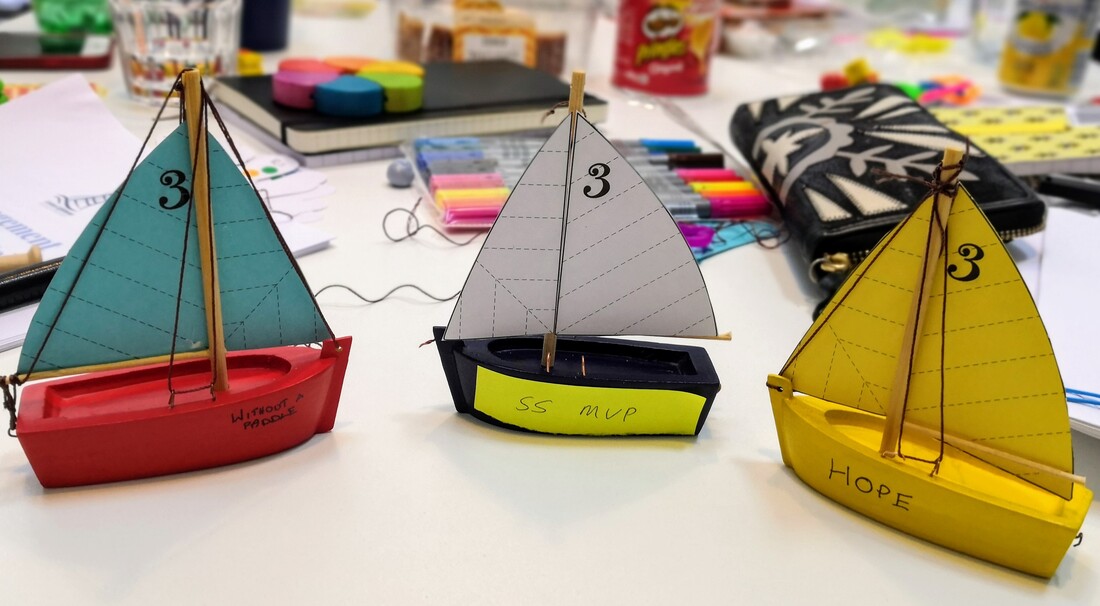
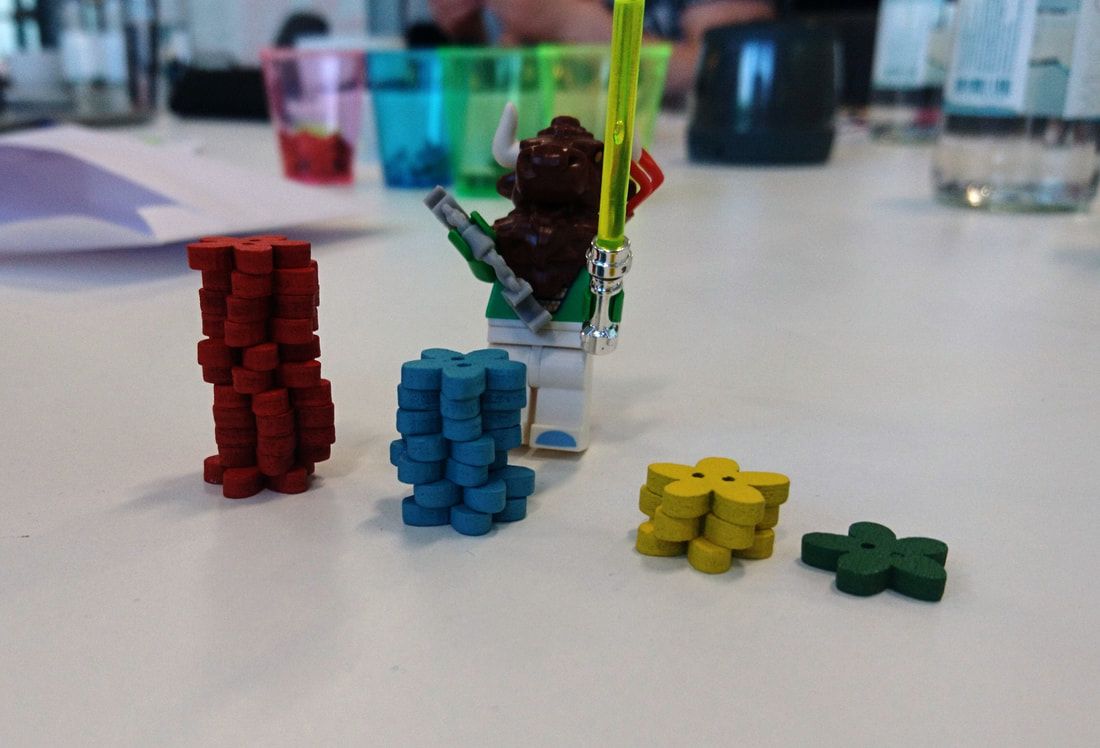

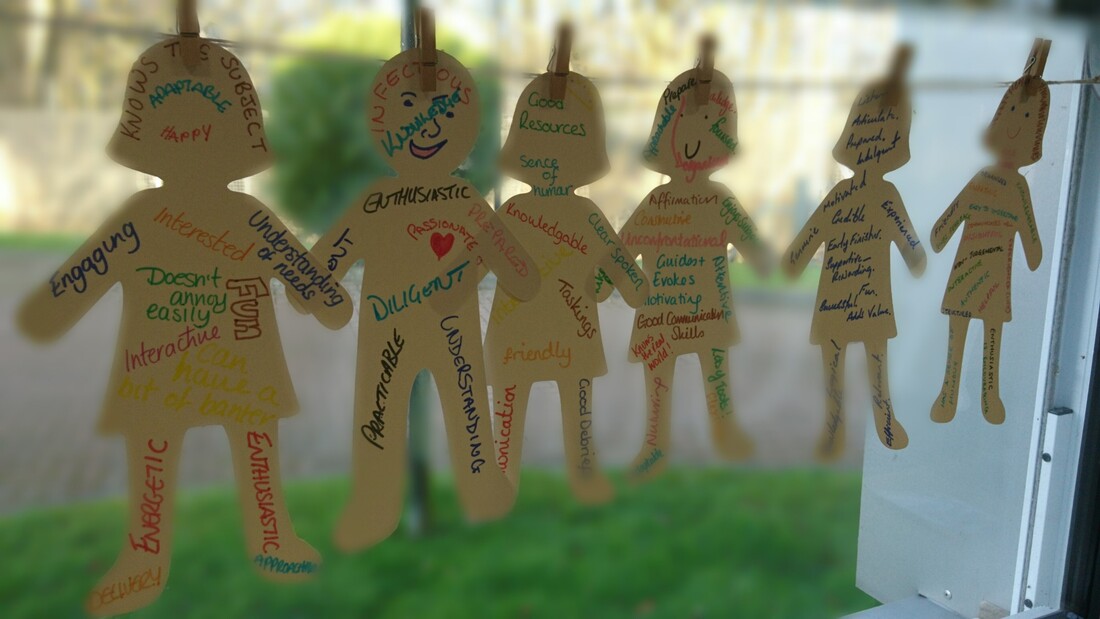
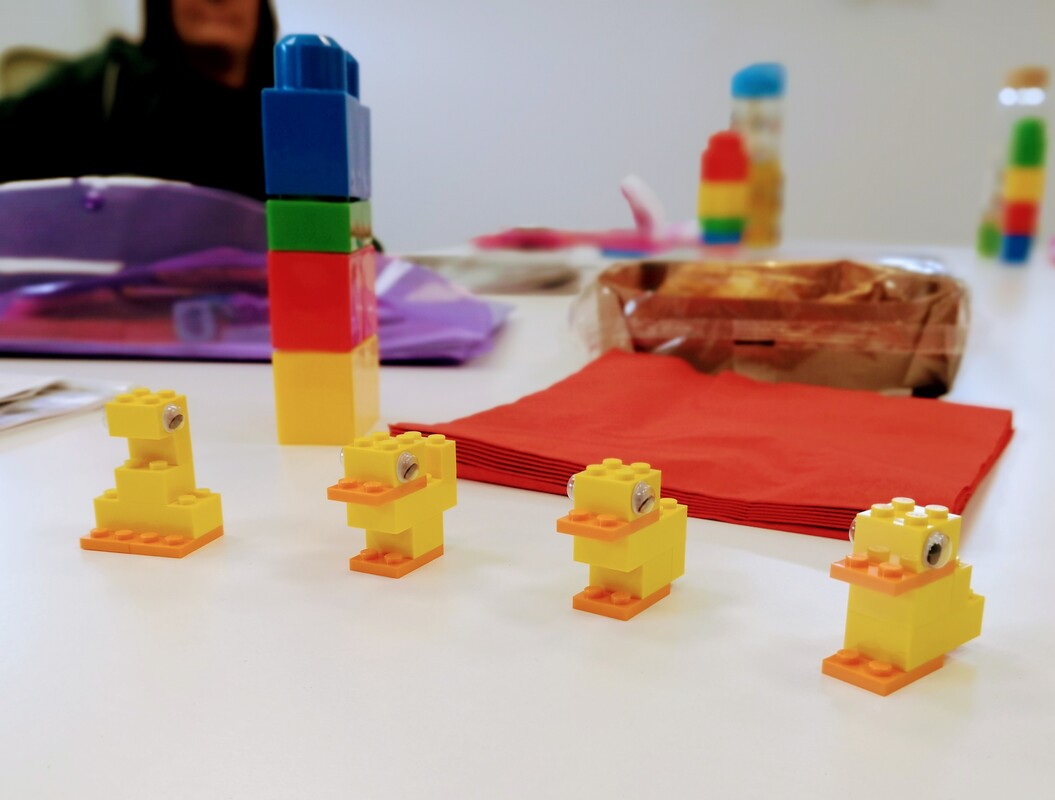



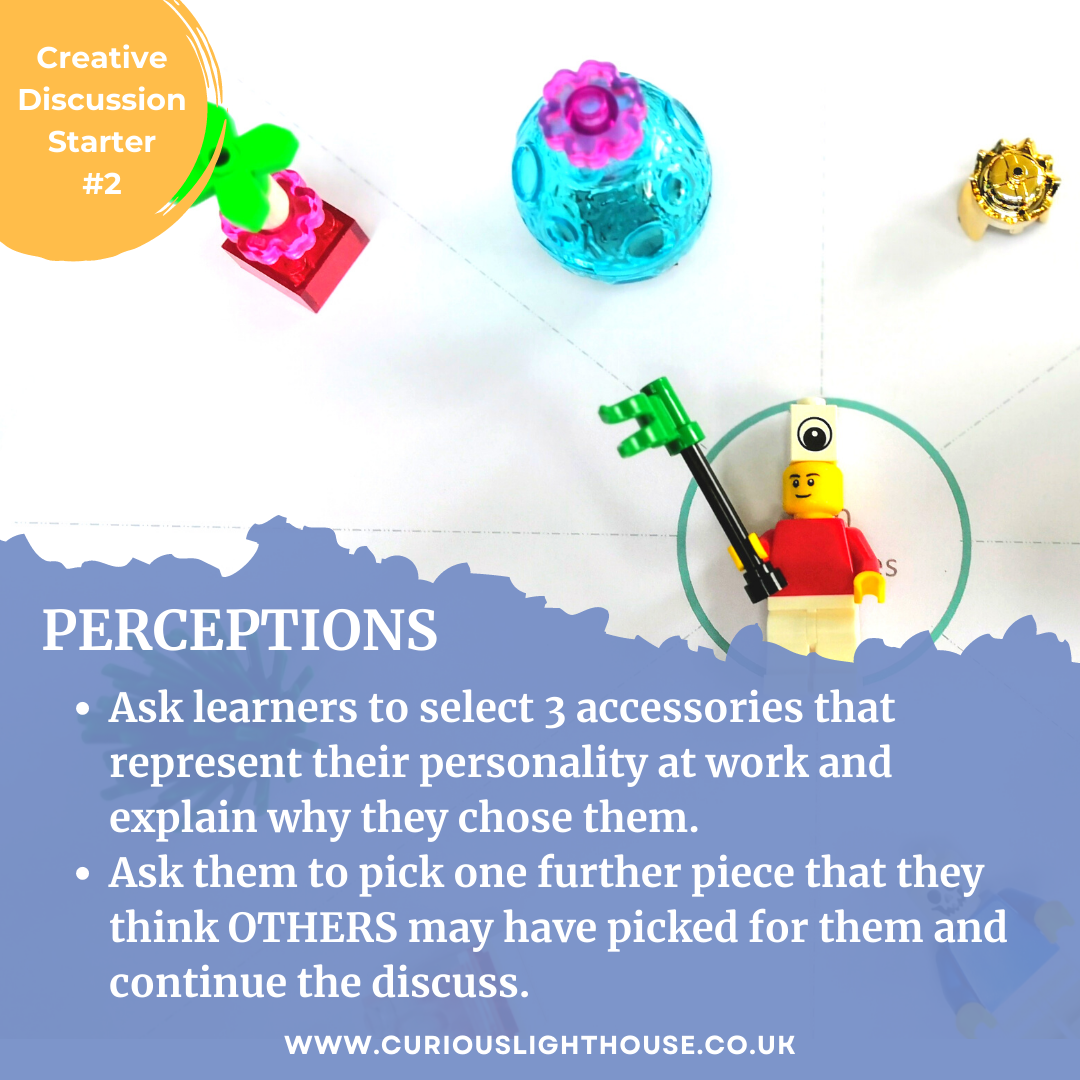
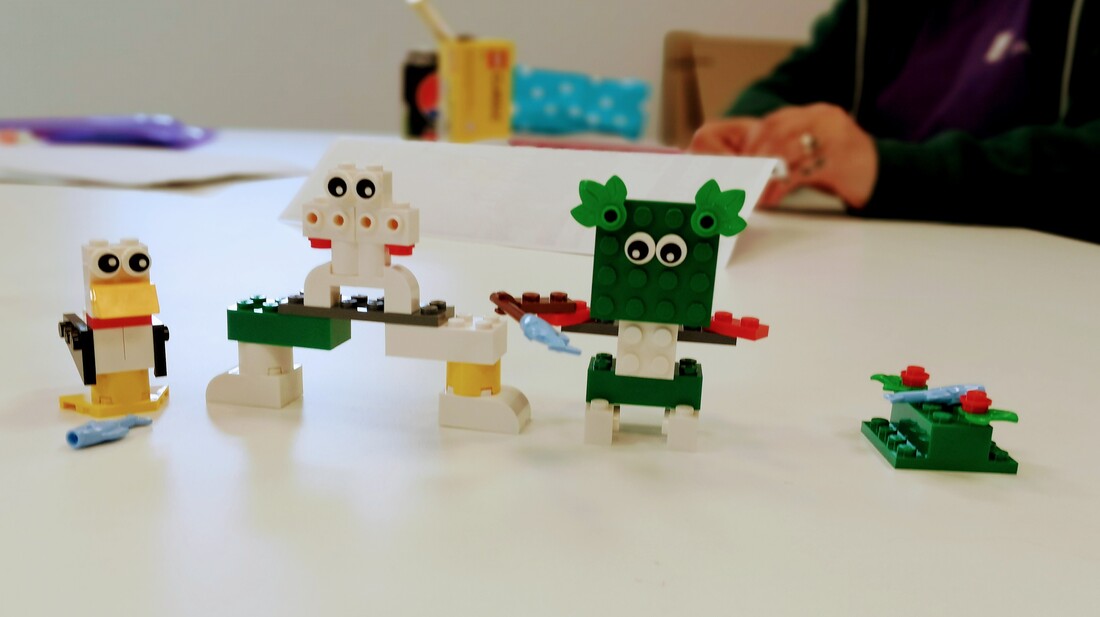


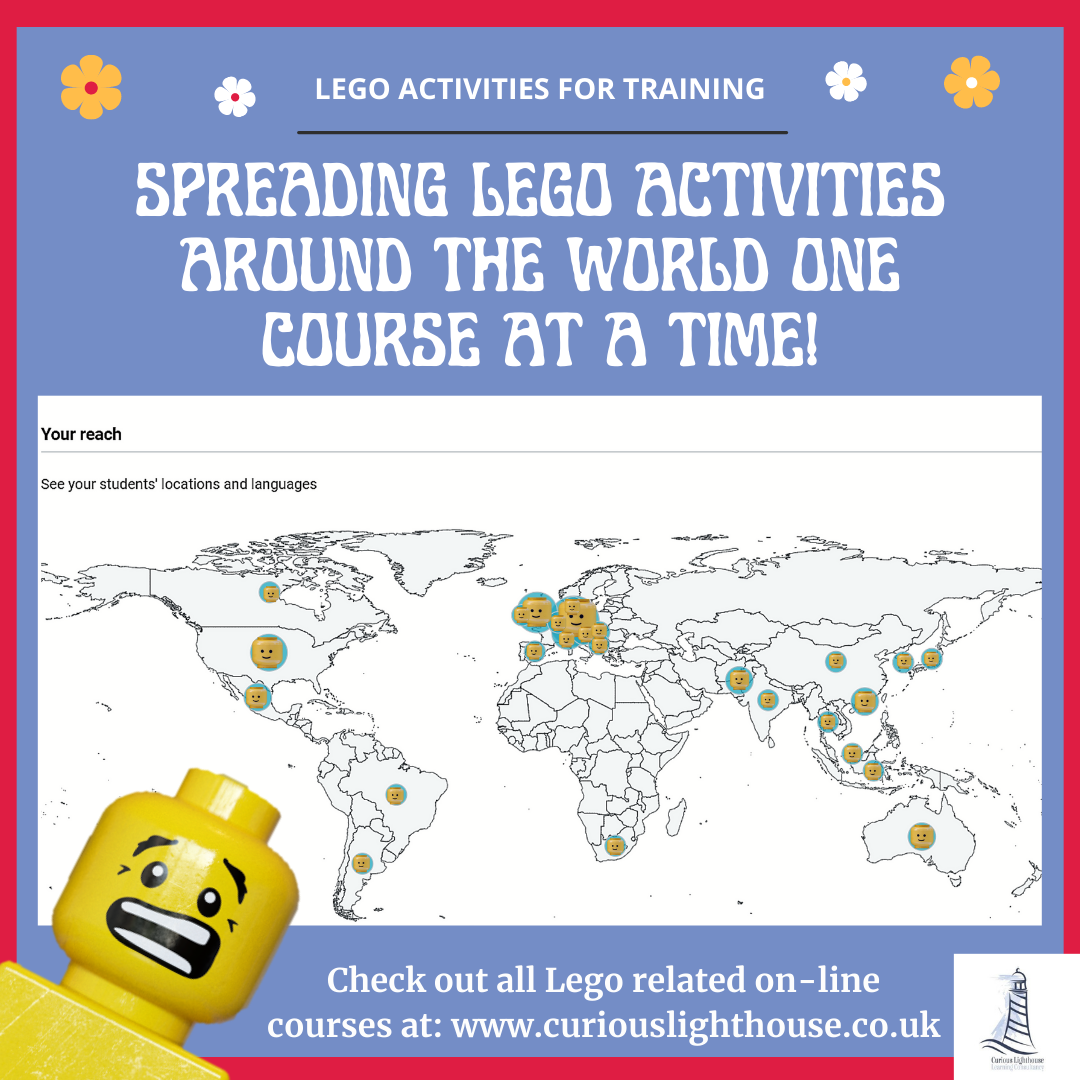



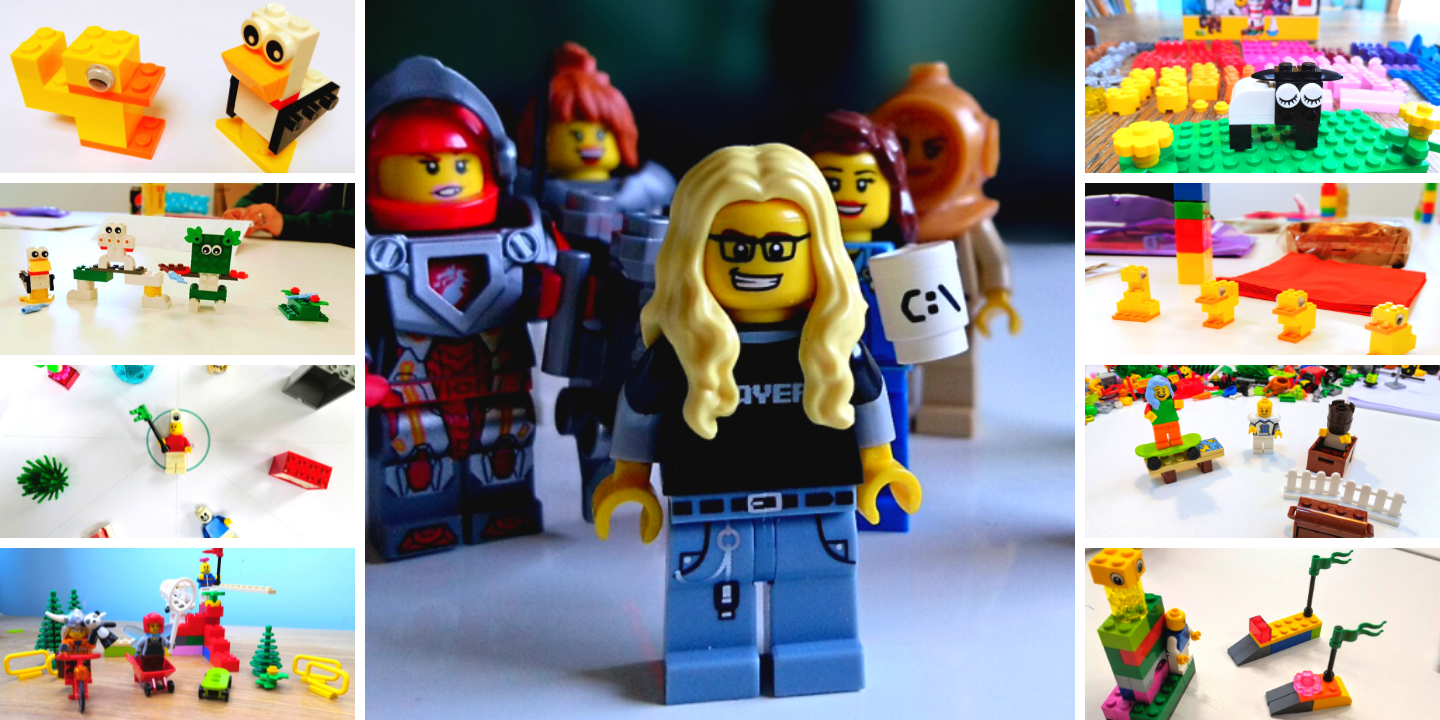
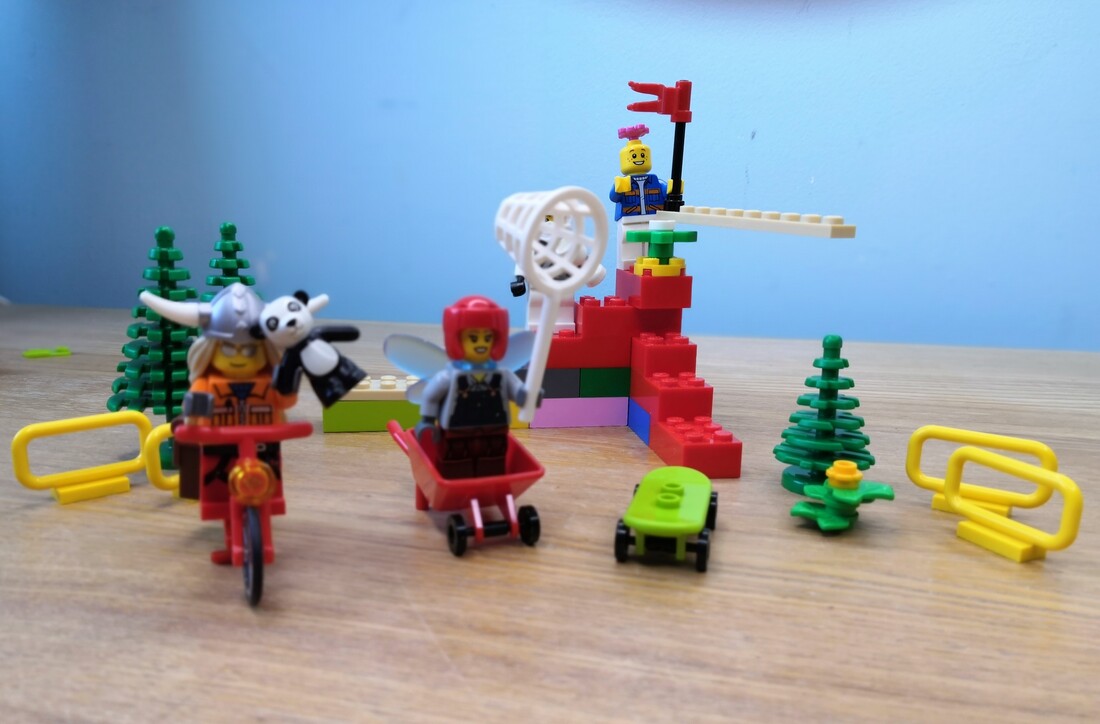
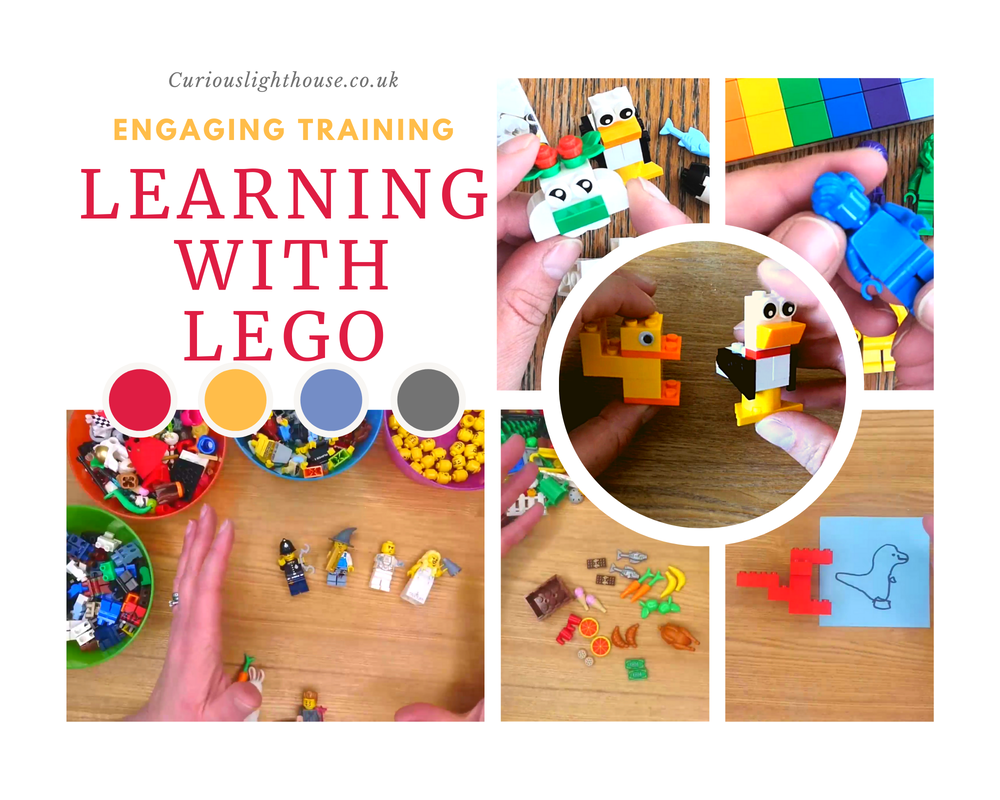
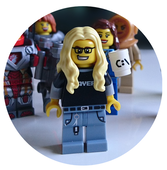
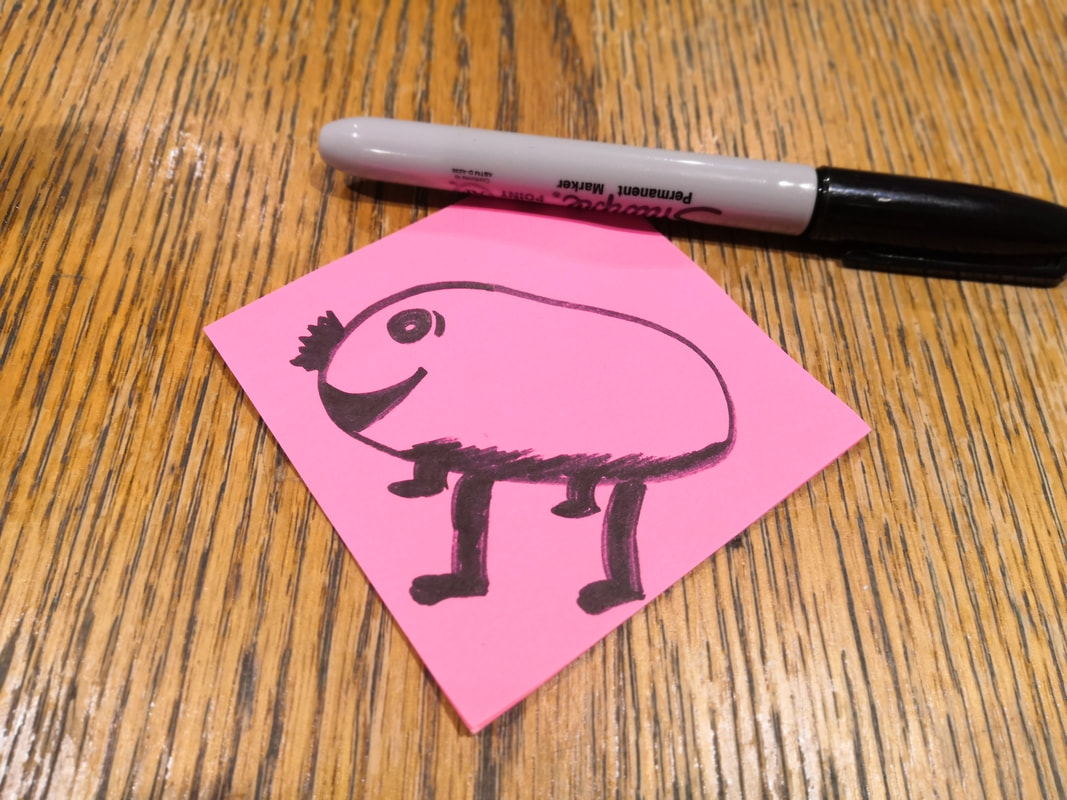


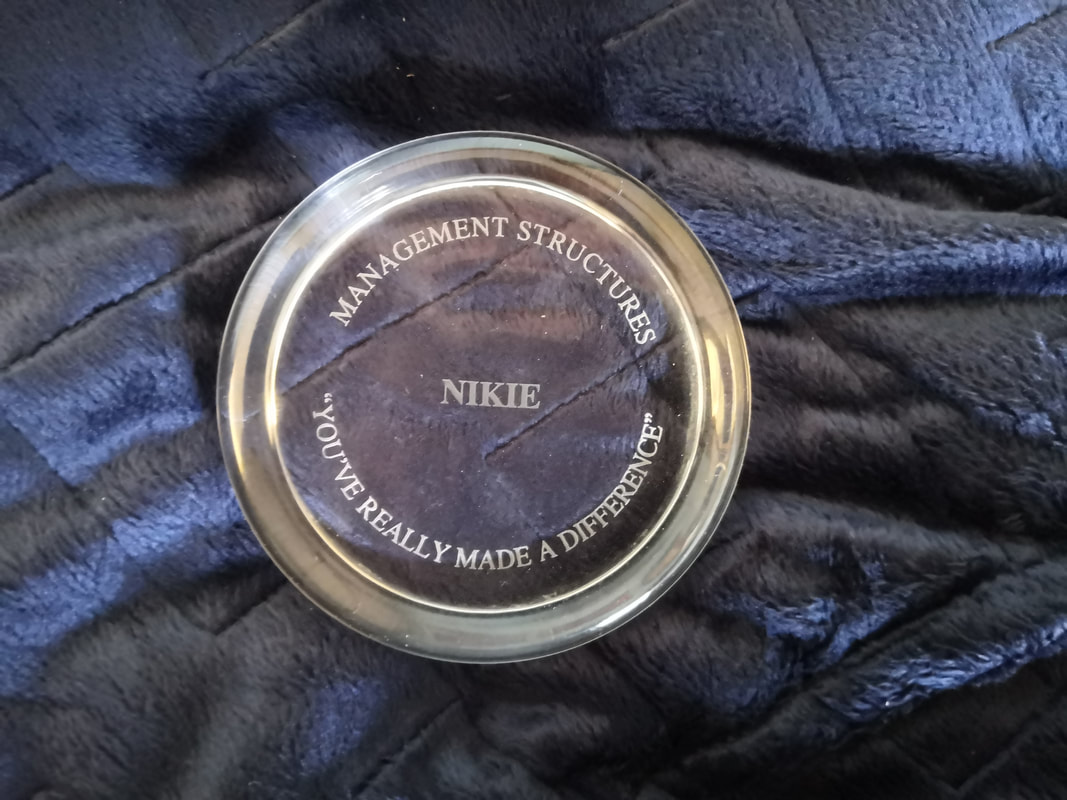

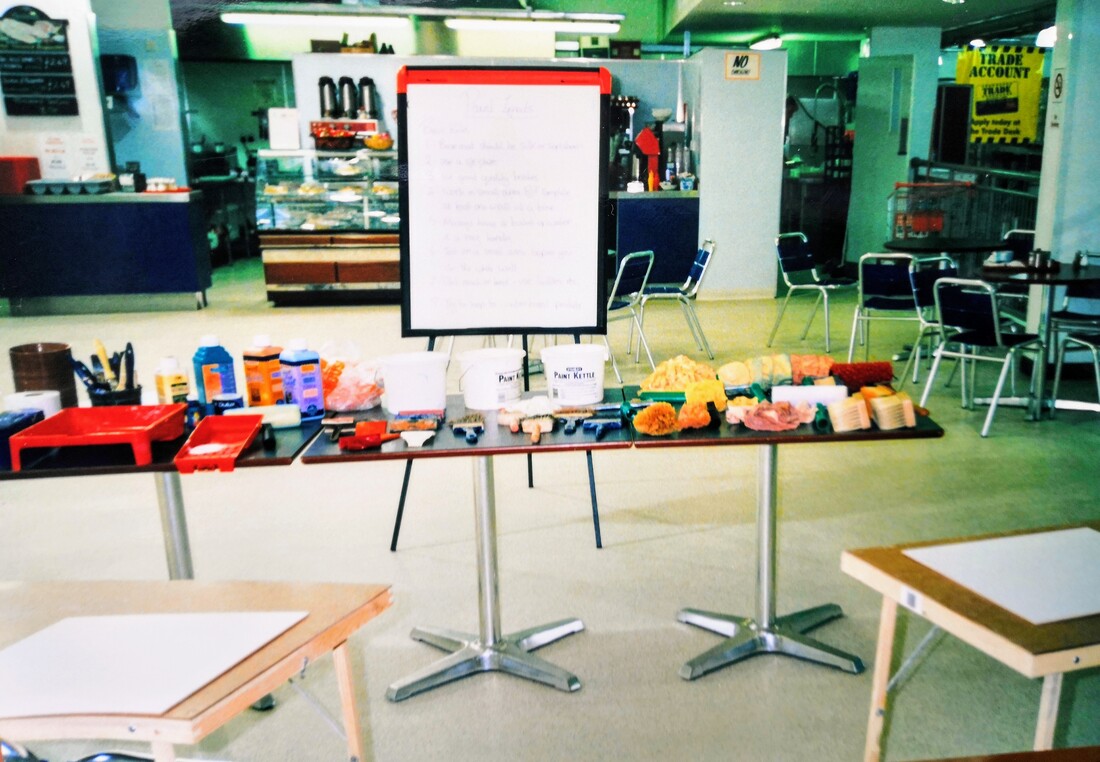
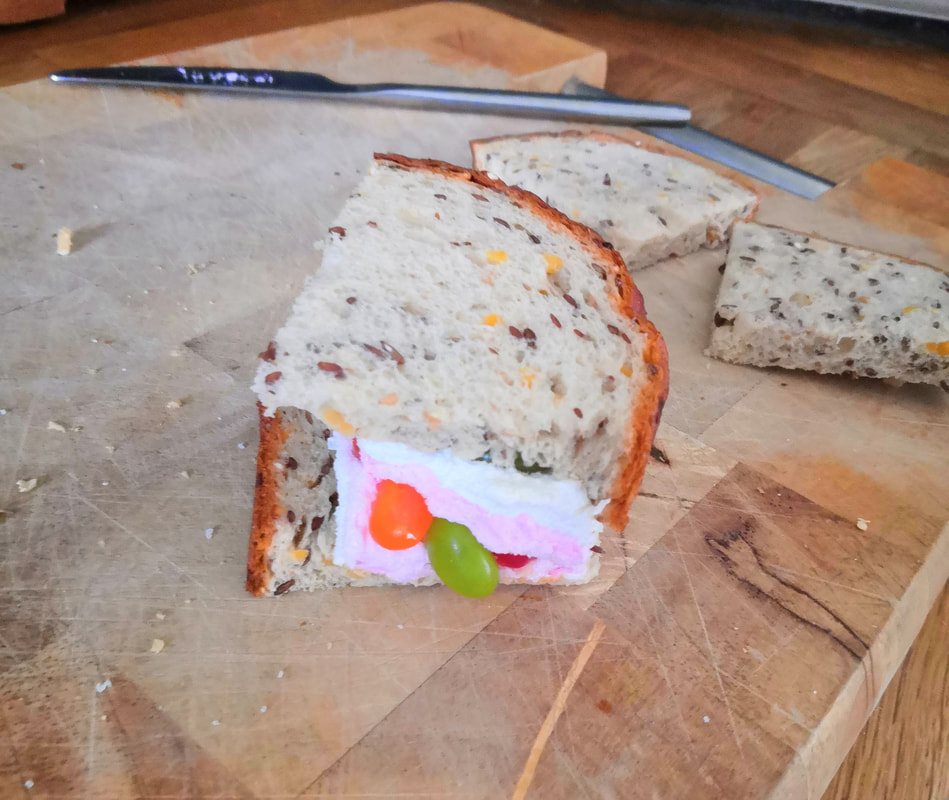
 RSS Feed
RSS Feed
